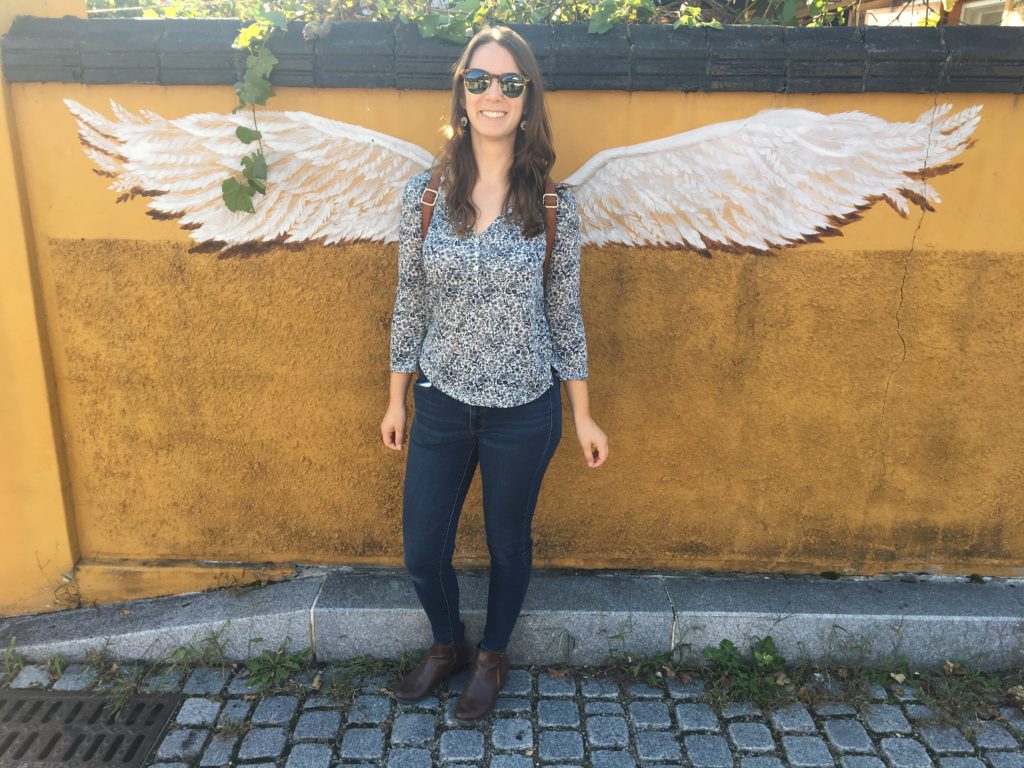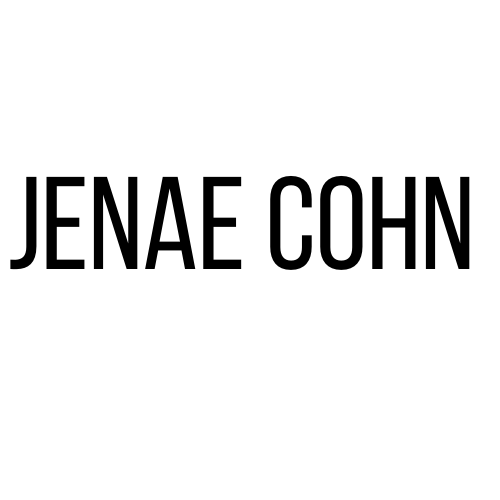
I love the concept of a New Year’s resolution: it’s reflection-in-action, an opportunity to look back on what the year before was like and to aspire towards something better and improved in the new year. I realize New Year’s Resolutions can leave a lot of people feeling discouraged, especially when we find ourselves unable to live up to the vision we created for ourselves. However, I don’t think New Year’s Resolutions have to mean being perfect 100% of the time. To me, New Year’s Resolutions are a lot more like guidelines: what are the values you want to live up to this year? What are the things you want to do sometimes, even if it’s not all the time? I don’t think it’s fair, for example, to punish one’s self for not fulfilling a resolution; resolutions are most motivating when they feel like rewards, moments when we really exceeded our expectations for ourselves.
So, that’s how I’m treating my professional resolutions for this year: as an opportunity to think ahead to how I can better help learners learn and how I can continue to improve what it means to build spaces for learning.
To that end, here are the professional New Year’s Resolutions that I hope will guide me in 2019:
- Ask questions first. When someone approaches me for help or is making a particular request, I know that I am eager to jump to having an answer or a solution right away. That comes from a place of some insecurity, of course: I want to prove that I am, in fact, useful, and that the person has made the right choice in coming to me to respond to their problem. However, I know that when I jump into a solution or an answer right away, I run the risk of misinterpreting the request in the first place or making an assumption about who the person is and what their needs might be. That’s not really so great. In the new year, I hope to ask more questions to gain the clarity and understanding I really need to be even more useful.
- … Then really, truly listen. Active listening is tremendously challenging. It requires intense focus, an open mind, and a willingness to have one’s mind changed. Active listening also means identifying subtext and tone and any other pieces of information that might help me to connect with someone. Out of my own anxiety, I know that I can sometimes skip ahead to thinking about how I want to respond to something while someone else is talking, a habit I am eager to continue work on breaking this upcoming year.
- Stay flexible. I’m a big planner and, as both an instructor and a professional, I can often set myself rigidly upon a particular path without wanting to change. In fact, I can feel rather remiss when something does not go as I expected! Of course, when we’re working with people and helping people take on new challenges, whether those are instructors trying to understand new technologies or students just trying to be the best they can in the classroom, things rarely, if ever, go just as planned. I aspire to be less fazed by unexpected changes and to “go with the flow,” remaining nimble and flexible in my approaches.
- Actively seek out and apply new approaches. I firmly believe that if something “isn’t broken,” there’s no need to fix it, but at the same time, I know that it’s also important to try new things to stay active in my thinking and to keep learning. While I read a lot (and often) about approaches to teaching with technology, I don’t always necessarily implement them right away myself. I don’t want to apply new things just for the sake of applying them, but if there is a situation where a new approach would align nicely with a particular goal or activity, I definitely want to encourage myself to give it a try and not be afraid to fail.
- Share and celebrate the work of others. This past year, I’ve been eager to share a lot of my own work and try to put my own voice out there. I hope to continue to do that while also amplifying, sharing, and celebrating the work I encounter from others too. It’s easy just to “like” articles on Twitter or save bookmarks, but it’s another thing entirely to give someone public recognition for their ideas and really share how those ideas have been inspiring.
I look forward to getting inspired by others’ resolutions for the year ahead and the good work I’m confident that lots of other great educators will embark upon doing!

Nice resolutions. Probably, I will add “ask questions first” to my own list of resolutions)) good luck with your goals in 2019